‘Genocide’ the modern-day blood libel to demonise Jews
The anniversary of the October 7 massacres compels me to reflect on the toughest 12 months of my long, happy and deeply fulfilling life as a Jewish Australian.
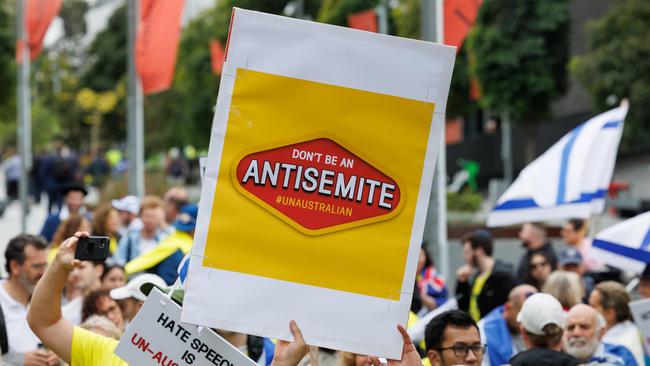
The anniversary of the October 7 massacres compels me to reflect on the toughest 12 months of my long, happy and deeply fulfilling life as a Jewish Australian. A year in which I turned 80, and saw and felt things I never imagined I would.
I had never anticipated the trauma of October 7, when Israel endured an attack of unimaginable brutality. The massacres, the hostages, the loss of sovereignty in the north – a day that changed the Jewish world.
Despite our long history of oppression, I never imagined the explosion of anti-Semitism, especially at a time of such anguish and especially here in Australia, where my parents were provided refuge from the Nazis. The friends who would stop returning my calls.
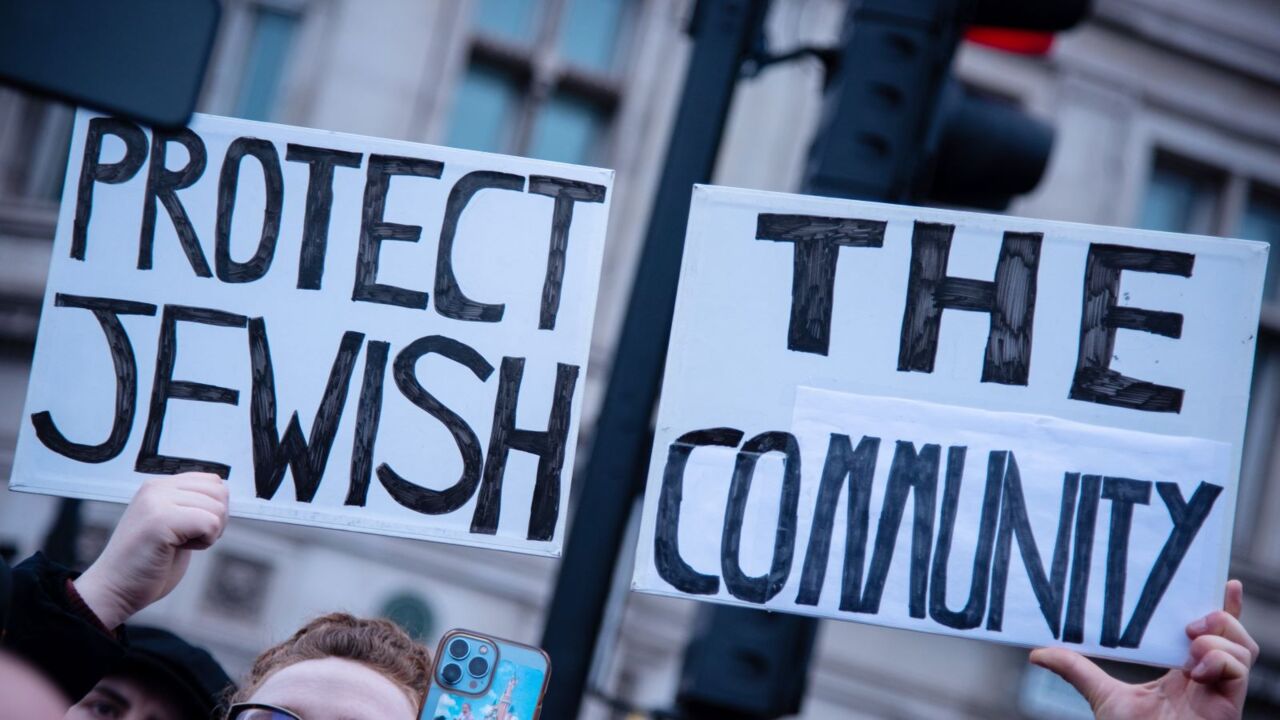
And as a leader of the Australian Jewish community for more than half a century, having engaged personally with every prime minister since Malcolm Fraser, I never imagined an Australian government would shift the country’s foreign policy position in relation to Israel to the point where the overwhelming majority of Jewish Australians are questioning whether the bipartisan commitment, which has endured since before the State of Israel was created, will survive.
A foreign policy position based on the shared values of our two countries, and Australia’s best interests across the economy, education and security, that aligns with our most important international allies.
My parents were passionate believers in Israel, proud, active Zionists, much loved in the Melbourne Jewish community.
I grew up knowing about the pivotal role of Doc Evatt, a senior minister in the Chifley government, in the UN vote that created the State of Israel in 1948, which he described as “an inevitable and just choice to stand with the Jewish people of the world and their vision for a Jewish state and a place of sanctuary where they would never again, and should never again, face persecution”.
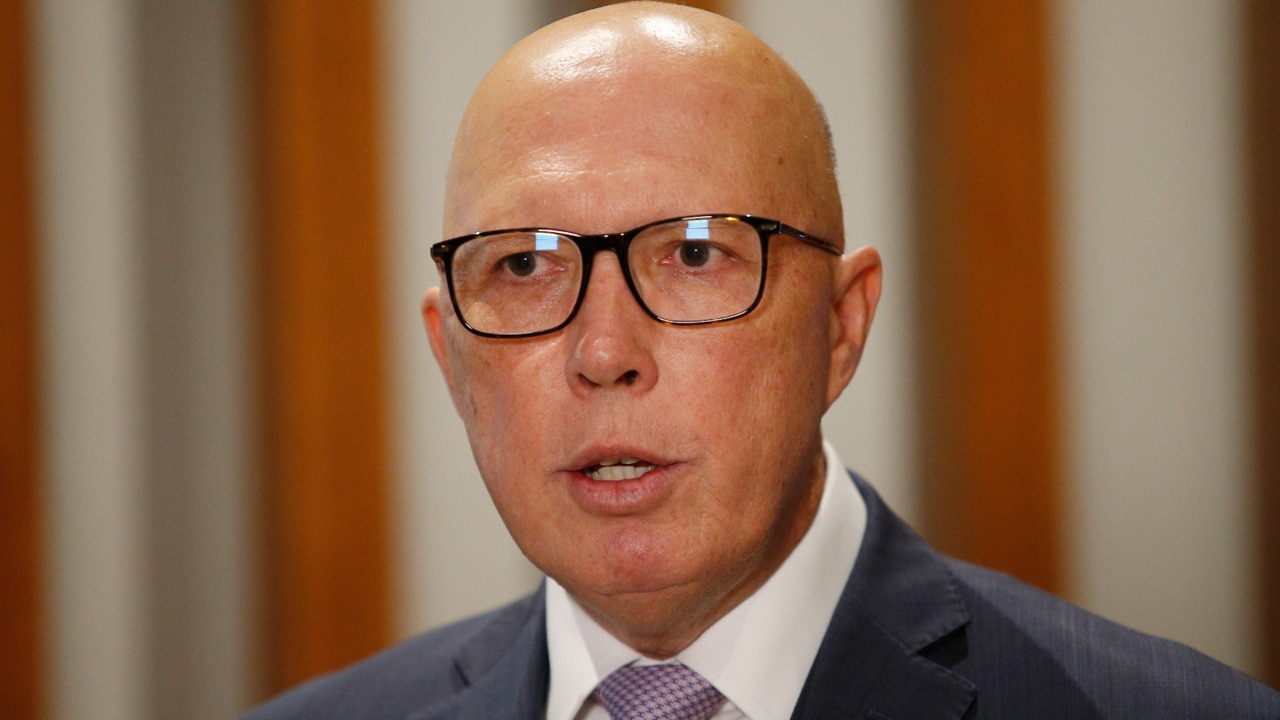
My father was 47 when he died suddenly. I was just 14, but my values, my path and the integrity I expected of people in positions of power were set by then. Not only in terms of the Jewish community and Israel but also human rights more broadly.
I’ve seen first-hand how Australian governments of different political persuasions have consistently demonstrated the moral courage to stand with the Jewish state in the face of international pressure from its Islamist enemies and, in the case of some Labor governments, an element of ideological dissent from within their own ranks.
That’s not to say that our governments have agreed with every decision made by their Israeli counterparts, but they’ve always factored in the reality that Israel lives in a tough neighbourhood, surrounded by fundamentalist regimes intent on its destruction, that do not share its values or Australia’s.
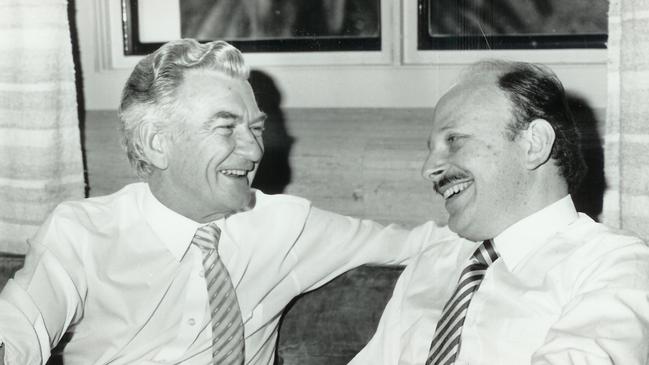
When people ask me about the most memorable moments I’ve experienced in the history of the relationship between our two countries, I invariably go to the role Bob Hawke and Bill Hayden played in the international campaign to rescind the bogus and deeply offensive UN Resolution 3379, which equated Zionism with racism.
Hawke and particularly Hayden, who led the party’s Centre-Left faction, navigated tricky internal politics to pursue what they recognised as a moral imperative.
Across several months, Hayden worked to persuade colleagues to sign on to a resolution, ultimately passed unanimously by both houses of the Australian parliament in 1986, denouncing Resolution 3379 and calling for its rescission.
If our current government had maintained this principled policy position, I ask myself what our Foreign Minister (Penny Wong) would have said in her speech to the UN General Assembly last week.
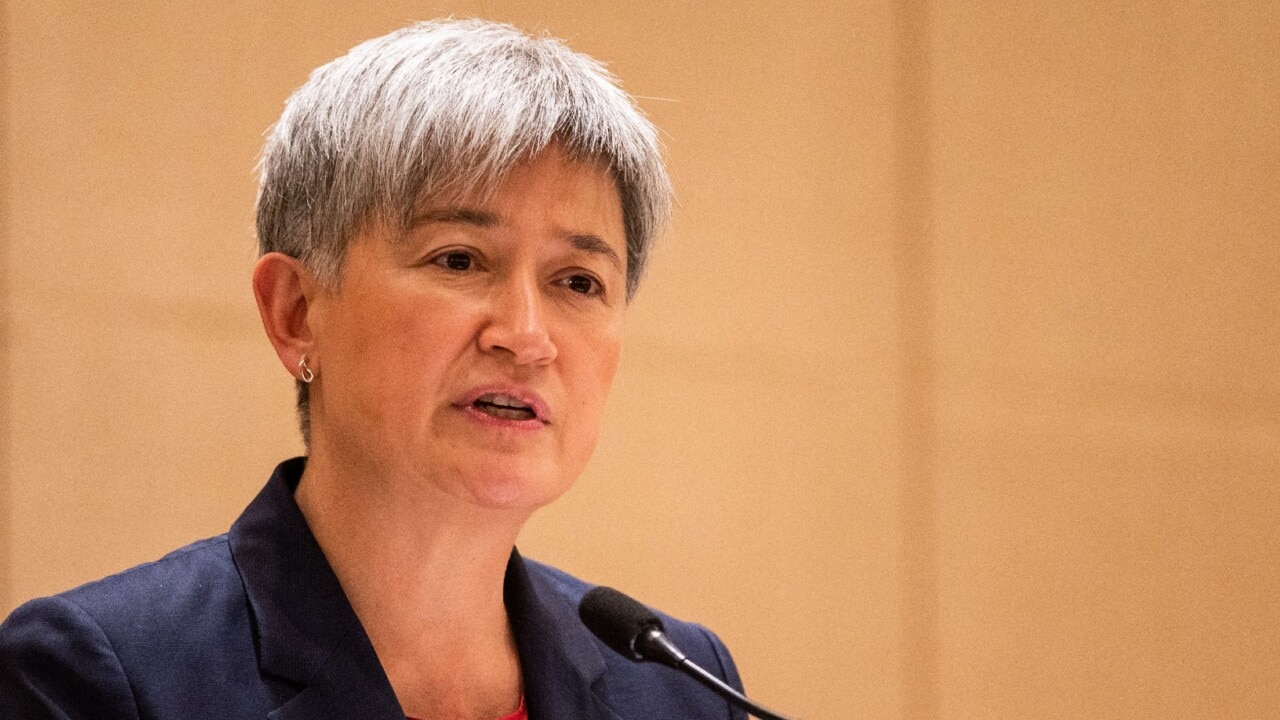
A speech delivered as Israel continues its efforts to remove the terrorist regime in Gaza and rescue hostages who haven’t yet been murdered, while fighting escalates on other fronts. This conflict is not over territory but the nation’s survival – and, as columnist Gerard Baker explained so eloquently in The Australian this week, very possibly the survival of Western civilisation, which the Iranian regime and its proxies so despise. I would have expected the Australian government to put Israel’s right to defend itself front and centre because of our shared values and because the war Israel is fighting is a war to uphold and protect those values.
I would have expected our government to express outrage at the loss of innocent lives and the terrible suffering in Gaza, which it did, but to direct that outrage at the terrorists responsible for it.
I feel sure that every previous government I’ve engaged with, including those led by Hawke, Paul Keating and Julia Gillard, would have recognised and acted on the fact it is in Australia’s national interest to stand with the Middle East’s only democracy in its fight against terrorism. Why? Because, at its heart, this is not a faraway dispute over territory but a battle between good and evil – Western values and Islamist extremism.
To my great dismay and disappointment, and notwithstanding the principled position the government adopted immediately after October 7, across the past six months our foreign policy in relation to the Middle East seems at best confused and at worst driven by domestic political considerations.
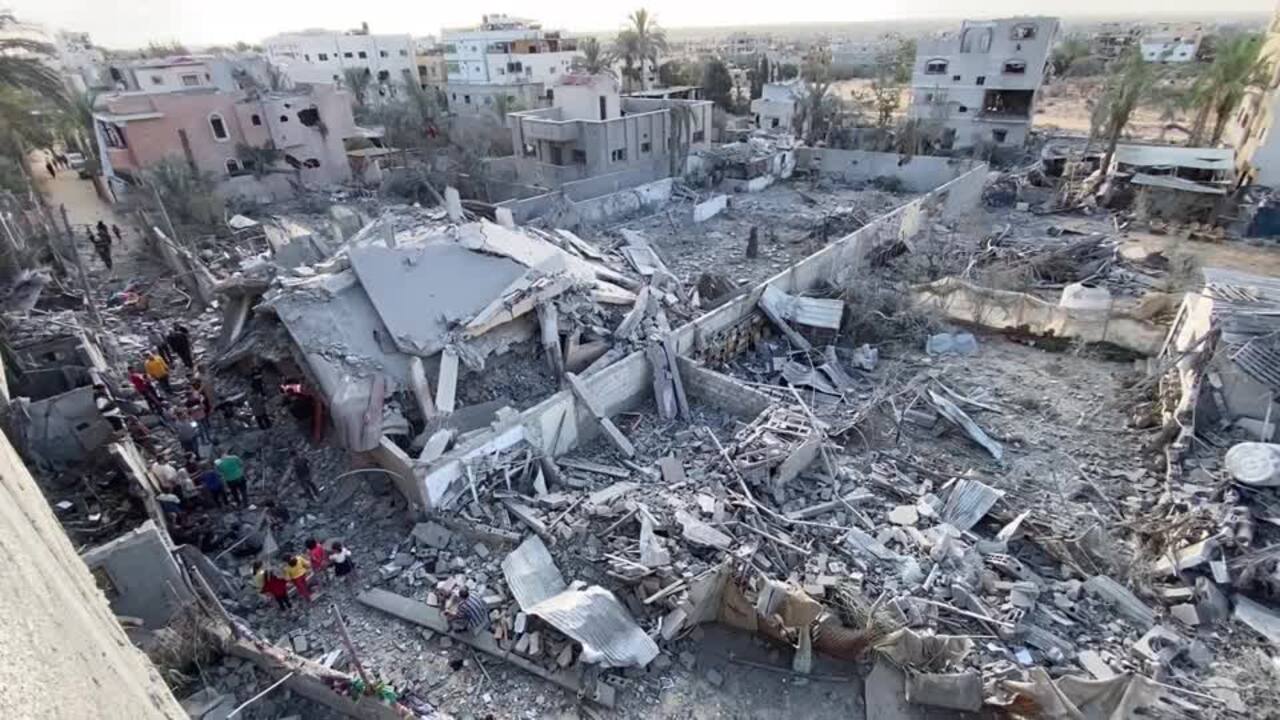
On the one hand, our Foreign Minister consistently has said that terrorists have no role in a future two-state solution, that the hostages must be returned and that Israel has the right to defend itself. But the government seems to oppose almost every action Israel takes to do so.
How can Australia call for a ceasefire while Hezbollah and Iran are firing rockets into Israel? While Hamas is still in power in Gaza, still holding more than 60 hostages and keeping more than 60,000 Israelis displaced from their homes?
I have absolute confidence that every previous Australian government I’ve dealt with would have called out the modern-day blood libel being used to demonise the Jewish state.
The term genocide was created in 1944 by Polish-Jewish lawyer Raphael Lemkin by combining the Greek word genos (meaning race or tribe) and the Latin word cide (meaning killing) to describe the systematic destruction of entire groups, particularly referring to the Holocaust.
I want to make it clear that I don’t believe for a minute the current government or its leaders are motivated by anti-Semitism or antipathy to the State of Israel. The Prime Minister and Foreign Minister are fundamentally decent people under enormous pressure from the mob.
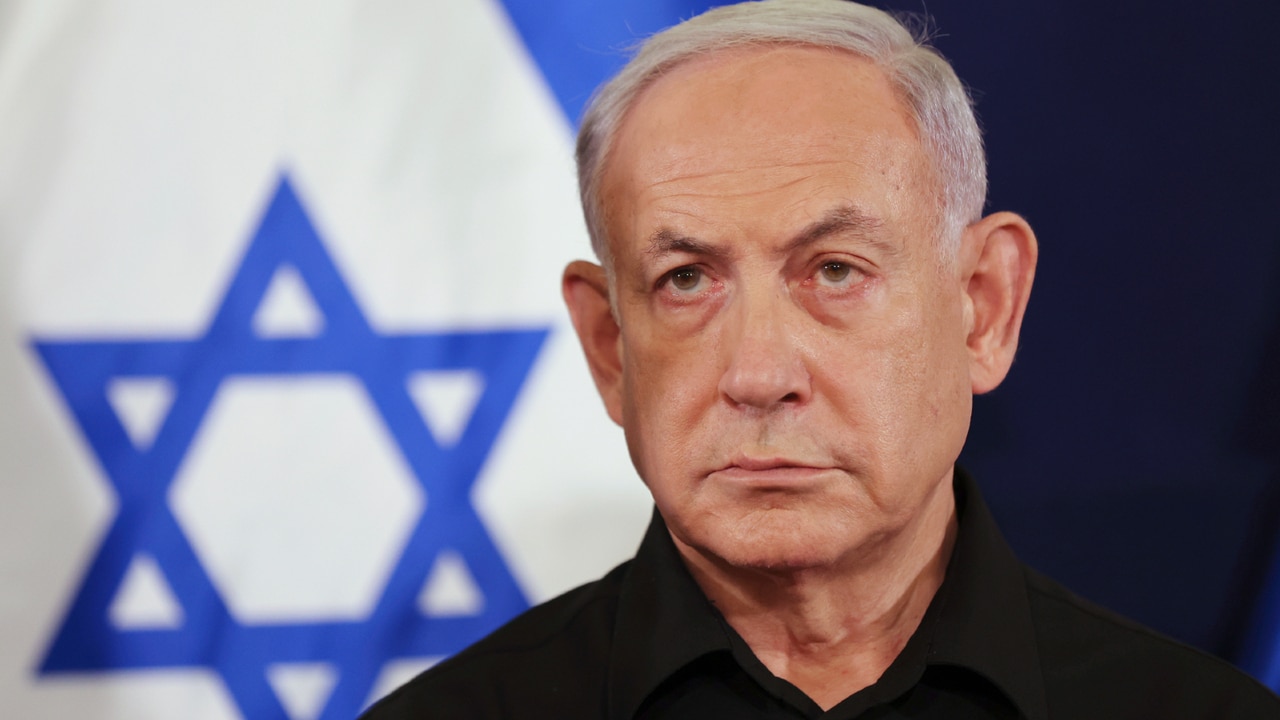
Perhaps they have convinced themselves that because they are also accused of being “genocide supporters” from organised pro-Palestinian groups, including the Australian Greens, the position they are adopting is fair and balanced. But a “balanced” position in a fight between good and evil is not the middle. It is siding resolutely with the liberal democracy, and doing everything possible to ensure that the conflict does not play out on the streets of Australia, undermining the uniquely successful multicultural society we have nurtured across generations
Even if not by design, the government’s rhetoric is having a serious impact on Australia’s social cohesion. It is materially contributing to the sense of abandonment felt by Jewish Australians and causing many of us to question whether there is a future for our children and grandchildren in this country.
This anniversary has me thinking about my own grandparents, who were murdered in Auschwitz, powerless to defend themselves. But also, about my Australian-Israeli grandchildren who, for the first time in 2000 years, have had the privilege of defending the third commonwealth of the Jewish state by serving in the Israel Defence Forces.
Mark Leibler is senior partner at law firm Arnold Bloch Leibler and national chairman of the Australia/Israel & Jewish Affairs Council.

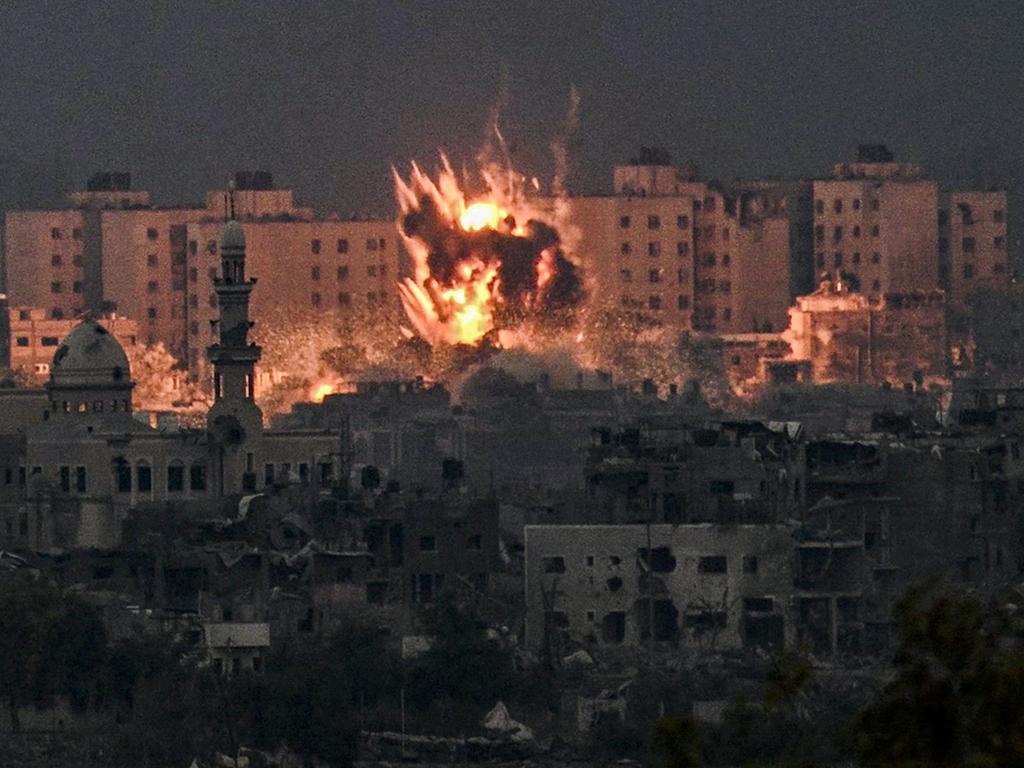



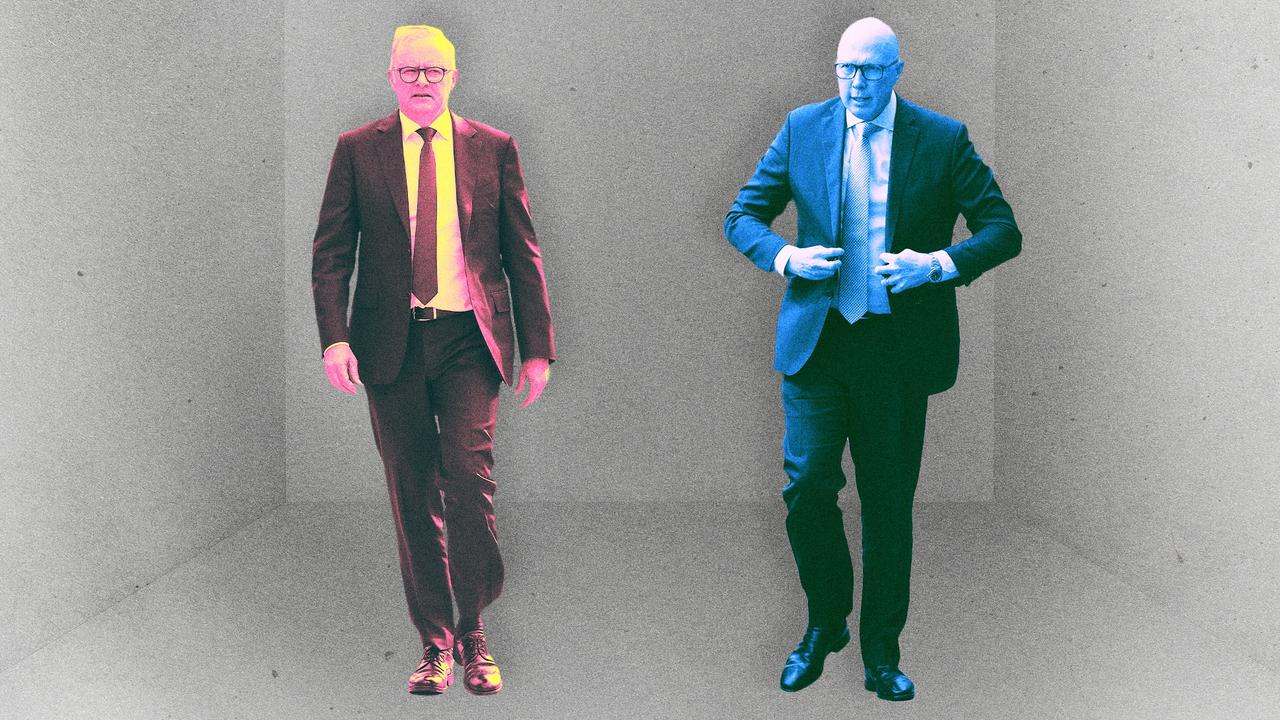
To join the conversation, please log in. Don't have an account? Register
Join the conversation, you are commenting as Logout